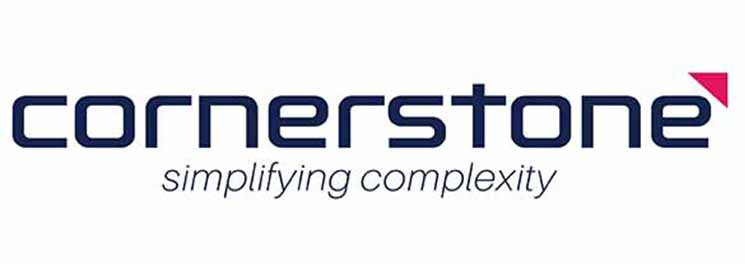Companies can survive major, unpredictable events such as financial or economic crises, or pandemics like COVID-19, if they are prepared. However, many companies live in the here and now, and spend their time managing the current environment, rather than running what-if analysis and contingency planning that would allow them to predict and respond positively to changing conditions.
Here are my top five lessons for what you can do now to prepare your company for the next, sadly inevitable, crisis.
Lesson #1
Ask the right questions. The questions a company asks will help to determine how it responds when things go wrong. Questions need to be based on the strategic and fundamental assumptions that support your business model and relevant to business continuity. You have to tap into the hearts and minds of people in the business, rather than some theoretical catastrophe: if your supply chain is the weak link in your business, then your questions need to be frames around what you would do if the chain broke. This then becomes the basis for your planning.
Lesson #2
Respond not react. Each crisis environment is unique so unless you have had prior experience of the same thing before, your intuition is going to let you down. Peter Drucker, well-known business consultant and influential thinker famously said, “The greatest danger in time of turbulence is not the turbulence. It is to act with yesterday’s logic.” Reacting and responding are therefore quite different: at Oliver Wight, we define both words very distinctly:
- Reacting is an action taken with no thinking and no planning behind it. Most decision-making in a business-as-usual environment could be aligned with this as we have a known, experiential model that usually works. But such models are defunct in uncertain times and volatile times.
- Responding is an action taken with prior thought and planning. It is the forethought and planning that makes the difference.
Responding is much harder and takes work. Analytic thinking requires a vast amount of energy and purpose than the kind of thinking that results in snap decisions. This ‘fast thinking’ is the default setting for most people unless there is a mechanism in place to slow them down. People will always have an answer to a problem but it will not necessarily be the most effective or sustainable answer available.
Lesson #3
Emotions matter – remember the human element. When stress and pressure tip into anxiety, fear and uncertainty, people’s creative thinking gets shut down. The impact of this kind of mental shutdown can linger for weeks or even months after the event. So, how can we use this to our advantage?
Leaders need to create connections amongst teams and move people from centering on being problem-focused to being solution-focused. Drive the development of all the options available to you and stay positive, because positivity drives results. You can change mindsets by seeing the possibilities and opportunities in any given situation, rather than the problem.
Do not talk about what you cannot do; talk about what you can do.
Lesson #4
Process is performance. Performance is protection. Integrated planning processes must be maintained in times of crisis, and also driven hard so that the people at the helm are always looking toward and anticipating the future. Even in an environment of single-mindedness, there always needs to be someone looking at the horizon. Make your integrated tactical planning processes the central hub to manage daily changes as they arise. Deal with the facts as you know and make your planning system sweat to drive fast ‘what-if’ scenarios and re-planning.
Lesson #5
Simulation and modeling are better predictive mechanisms than people. We need to be able to model scenarios and subsequent financial impacts very quickly. Businesses with integrated data can plan swiftly and holistically, but rapid modeling capability is a must-have in crisis circumstances – and it all comes back to the first lesson, where we talked about knowing the right questions to ask as you set up your model scenarios.
So, my final thoughts: if you focus all your energy on treating the symptoms of a fever, you will never develop the vaccine. Right now, even while we are still in the midst of this crisis, start asking your what-if questions and setting up your business scenarios beyond COVID-19 – it will set you in good store for the next bump in the road.
By Rod Hozack, Partner, Oliver Wight




